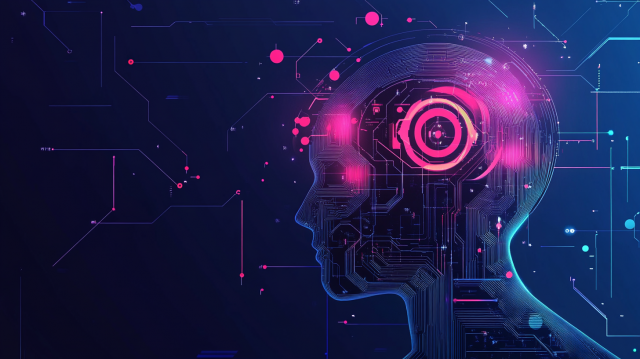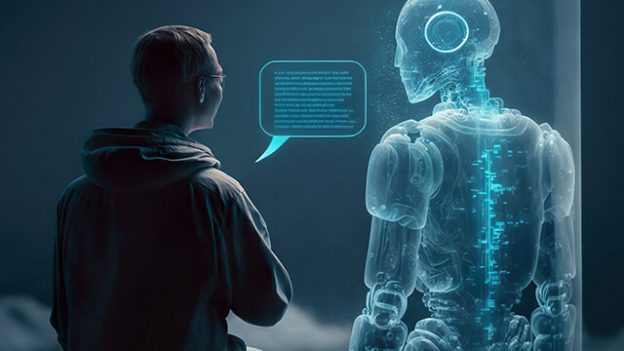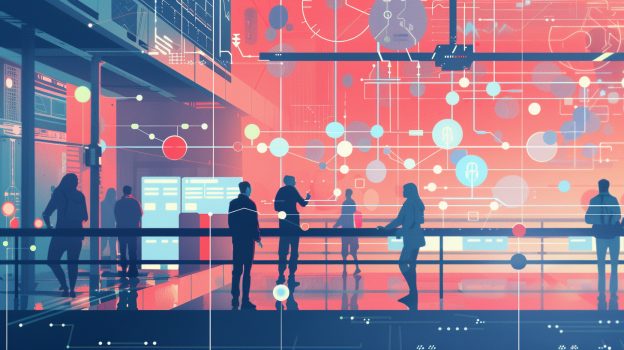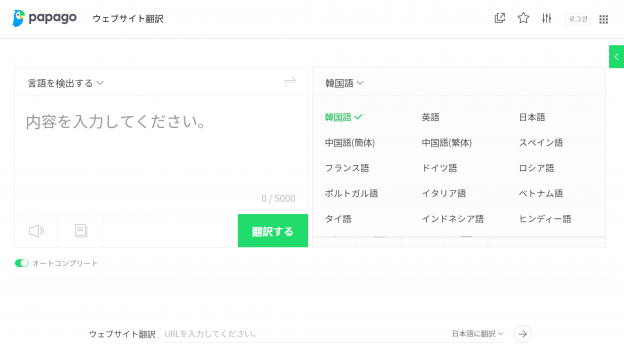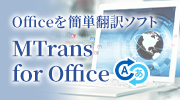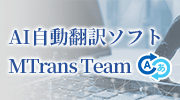
- Table of Contents
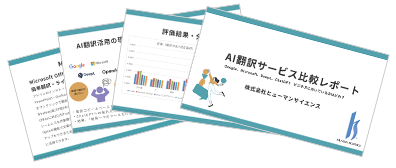
Introduction
Triggered by ChatGPT, many generative AIs have emerged and are being utilized in business and services. However, their use also comes with risks such as information leaks and the spread of misinformation, necessitating appropriate measures.
1. Advancements in Generative AI

Generative AI refers to artificial intelligence that can learn from large amounts of data and generate text, images, audio, and video based on that data. Since the emergence of ChatGPT by OpenAI, various generative AIs have appeared and are widely utilized in business and services.
Representative services include OpenAI ChatGPT, Microsoft Copilot, Anthropic Claude, and Google Gemini.
The main applications of generative AI include text generation, image generation, audio generation, and video generation. In text generation, it is possible to create emails, blog posts, scripts, brainstorm ideas, summarize, translate, search for information, edit text and code, create project proposals, prepare presentation templates, and generate programming code. For methods of using it in translation work, please see the blog article below.
2. Risks of Generative AI

The use of generative AI comes with risks, and we will explain these risks from the perspective of three parties.
User Risks
When using generative AI, users face the following risks.
First, entering personal or confidential information into AI may lead to information leaks. Depending on the selected service or plan, the inputted data may be used for AI model training and could potentially be disclosed to other users. For more details on confidentiality, please see the blog post below.
Is Confidentiality Maintained with ChatGPT, Copilot, Gemini, and Claude?
There is a risk that AI may provide incorrect information or biased views, leading users to trust it. In a phenomenon called hallucination, AI can generate information that differs from the facts, potentially causing misunderstandings and confusion. It is essential for a person to check the data output by AI to ensure it does not contain incorrect information, is based on credible sources, and is up to date.
As reliance on AI increases, there is also a risk of diminishing one's judgment and problem-solving abilities. This can occur as delegating everyday decision-making to AI reduces opportunities for independent thinking, potentially leading to a decline in cognitive function. Additionally, when faced with complex problems, excessive dependence on solutions provided by AI may impair the ability to adopt creative approaches and unique perspectives.
Social Risk
One of the social risks is the generation of fake news. Since generative AI has the ability to create very realistic text, misinformation can spread easily, and malicious actors can use this to disseminate false information, potentially manipulating public opinion and causing social unrest.
In addition, there are concerns about the increase and sophistication of cybercrime. The use of generative AI can lead to the creation of phishing emails and advanced malware programs, which increases the risk of personal information leaks and threats to corporate security.
The decrease in employment due to the replacement of intellectual labor is a serious issue. As generative AI automates many tasks, there are increasing situations where human labor is no longer needed, raising concerns about rising unemployment rates. It is important to understand these risks and for the government, businesses, and educational institutions to collaborate in supporting the retraining and upskilling of workers, facilitating their transition to new professions.
3. Risk Mitigation for Generative AI
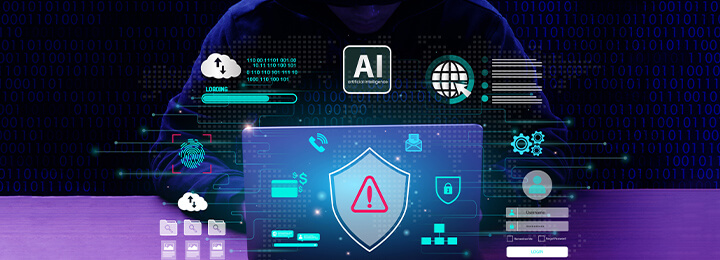
In managing risks associated with the corporate use of generative AI, it is essential to first establish usage rules that include clear guidelines for compliance with copyright and trademark laws, ensuring that employees can use the technology appropriately. Next, to address risks of information leakage and unauthorized access, we will strengthen security policies regarding data handling and conduct regular employee training to enhance the overall security level of the company. Furthermore, we will select reliable AI service providers, verify their data management methods, and carefully consider the clauses related to data handling and privacy in the usage contracts. Through these measures, companies can effectively manage the associated risks while maximizing the benefits of generative AI.
4. MTrans for Office enables risk avoidance with generative AI

MTrans for Office is a product that provides advanced translation features and AI writing assistance from OpenAI while effectively avoiding the risks of generative AI. It supports automatic translation services from DeepL, Google, and Microsoft, as well as OpenAI's text generation AI, the GPT models (GPT-4o/GPT-4o mini/o1-mini), allowing for one-click automatic translation and text generation within Microsoft 365 applications such as Word, Excel, PowerPoint, and Outlook.
By connecting to automatic translation services such as DeepL, Google, and Microsoft, as well as OpenAI's text generation AI via API, we eliminate the risk of user translation data being used for AI training or being made public or shared. Furthermore, we support security features such as SSO (Single Sign-On) and IP address restrictions, which can meet the security requirements of companies and organizations. This allows corporate users to translate highly confidential documents and information with peace of mind, ensuring data privacy and security while leveraging the benefits of generative AI.
5. Summary
Generative AI offers efficiency improvements and creative support across various fields, but it also carries several risks, such as information leaks, the spread of misinformation, and impacts on employment. To mitigate these risks, it is essential to strengthen security policies and select appropriate services. Additionally, solutions like MTrans for Office exist that leverage the convenience of generative AI while ensuring data safety, providing companies with means to use AI with confidence.
At Human Science, we offer the automatic translation software MTrans for Office, which can utilize translation engines from DeepL, Google, Microsoft, and OpenAI. The latter can not only be used as a translation engine, but it can also summarize, rewrite, and proofread text, depending on the prompts. Try out MTrans for Office with our 14-day free trial offer. Please contact us for more information.

Features of MTrans for Office
- ① Unlimited number of file translations and glossary integration for a fixed fee
- ② One-click translation from Office products!
- ③ API connection ensures security
・For customers who want further enhancement, we also offer SSO, IP restrictions, and more. - ④ Support in Japanese by Japanese companies
・Support for security check sheets is also available
・Payment via bank transfer is available
MTrans for Office is an easy-to-use translation software for Office.










